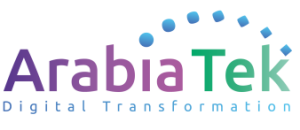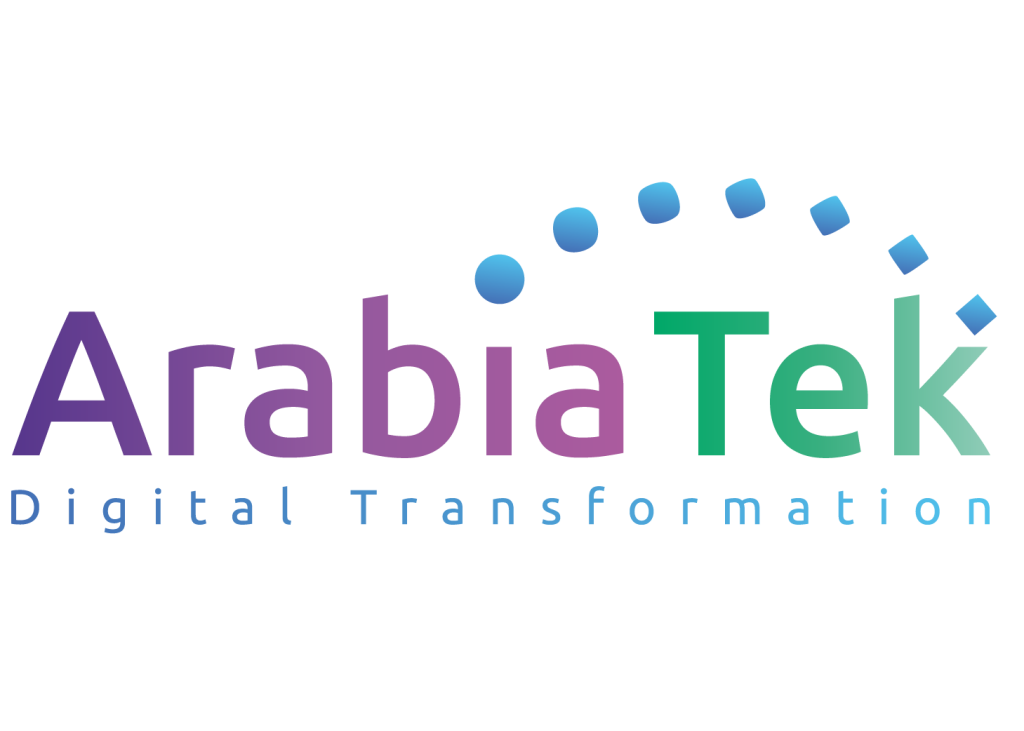
Al Qassim University
Customer Name: Emirates Health Services
Department: Quality Control Department
Solution Provided: Clinical Incident Report System
Implementation Duration: 8 months (phase 1)
Project Team: 10 members
Project status: Live
Project Year: 2021
Introduction:
Emirates Health Services (EHS), previously known as the Ministry of Health & Prevention (MOHAP), serves as the leading healthcare authority for the northern Emirates of the UAE, overseeing a diverse network of healthcare facilities. In line with its commitment to delivering exceptional patient safety and operational excellence, EHS identified the need for a centralized Clinical Incident Reporting System to streamline the management of clinical incidents across all its facilities.
To address this challenge, MEMITS Solutions LLC collaborated with Radar Healthcare, a globally recognized leader in incident reporting and risk management systems. Together, they implemented an enterprise-level Clinical Incident Reporting System fully integrated with EHS’s existing Hospital Information System (HIS). This solution not only enhanced the efficiency of clinical incident tracking and reporting but also ensured a unified workflow that empowered EHS to drive better outcomes, improve compliance, and uphold the highest standards of patient care.
EHS Background:
Emirates Health Services (EHS) was established with the mission of transforming the efficiency and quality of the public healthcare sector in the UAE. By providing comprehensive healthcare services, preventive measures, and effective treatment programs, EHS plays a pivotal role in combating epidemics and diseases while driving sustainable healthcare development across the nation.
Aligned with the UAE’s Vision 2021, EHS actively contributes to the country’s ambition of becoming one of the most innovative nations in the world. As innovation is recognized as a cornerstone for enhancing quality of life and fostering national progress, EHS integrates this principle into its operations. This approach resonates with the National Agenda and the National Innovation Strategy, where healthcare is identified as a critical sector to spearhead innovation and shape the future of the UAE’s development.
Problem Statement:
The Quality Control department at Emirates Health Services (EHS) faced significant challenges in effectively managing and tracking clinical incidents across its vast network of healthcare facilities. The lack of a centralized system for incident reporting and analysis led to several operational and compliance-related issues, including:
- Fragmented Incident Date:.Without a unified platform, clinical incident information was scattered across multiple facilities, making it difficult to consolidate and analyze data for meaningful insights.
- Delayed Reporting and Resolution: The absence of a standardized reporting system resulted in delays in incident tracking, reporting, and resolution, potentially impacting patient safety and care quality.
- Inconsistent Procedures: Varying reporting practices and protocols across facilities created inconsistencies, leading to inefficiencies and challenges in maintaining quality standards.
- Regulatory Compliance Risks: EHS faced difficulties in meeting healthcare regulatory requirements, such as accurate documentation and timely reporting of clinical incidents, which are critical for audits and compliance.
- Limited Decision-Making Insights: The inability to generate actionable insights from incident data hindered the Quality Control department’s ability to make informed decisions and implement preventive measures effectively.
These challenges underscored the urgent need for an enterprise-level Clinical Incident Reporting System that could centralize and standardize incident management processes, improve compliance, and enhance overall healthcare quality and patient safety across all EHS facilities.
Solution Provided:
To address the challenges faced by the Quality Control department, MEMITS Solutions LLC partnered with Radar Healthcare, a global leader in risk management and incident reporting systems, to implement an enterprise-level Clinical Incident Reporting System across all EHS facilities.
This state-of-the-art solution from Radar Healthcare was integrated with EHS’s existing Hospital Information System (HIS) to ensure seamless workflows and real-time data sharing. Designed to centralize and standardize the management of clinical incidents, the system allows users to easily report, track, and analyze incidents while ensuring compliance with healthcare regulations. The solution also features advanced analytics and customizable dashboards, empowering the Quality Control department to generate actionable insights for preventive measures and informed decision-making.
The Clinical Incident Reporting System is now actively used by over 6,000 users across EHS’s vast network of healthcare facilities. By streamlining incident reporting processes and enabling consistent procedures, the system has enhanced operational efficiency, improved patient safety outcomes, and reinforced EHS’s commitment to delivering high-quality healthcare services.
Results Achieved:
The implementation of the Clinical Incident Reporting System by MEMITS in collaboration with Radar Healthcare has delivered transformative results for Emirates Health Services (EHS). The system has significantly enhanced operational efficiency, improved patient safety, and reinforced compliance across EHS’s network of healthcare facilities. Key outcomes include:
- Centralized Incident Management: EHS now has a unified platform that consolidates clinical incident data from all facilities, enabling centralized management and reducing the fragmentation of information. This has streamlined reporting and enhanced transparency across the organization.
- Standardized Processes: The system has successfully standardized incident reporting and management protocols across all EHS facilities, ensuring consistency and adherence to quality standards. This has fostered uniformity in processes, regardless of the facility or location.
- Improved Reporting and Resolution: With automated workflows and real-time reporting capabilities, incidents are now tracked and resolved more efficiently. The time taken for incident detection, reporting, and corrective action has been drastically reduced, leading to quicker responses and improved patient safety.
- Enhanced Compliance: The system ensures that EHS meets stringent healthcare regulatory requirements by enabling accurate documentation, audit trails, and secure data management. This has strengthened EHS’s ability to comply with local and international healthcare standards.
- Actionable Insights through Data Analytics: The advanced analytics and reporting tools provided by the system have empowered EHS to analyze trends, identify recurring issues, and implement preventive measures effectively. This data-driven approach has contributed to proactive decision-making and continuous improvement.
- Widespread Adoption and Impact: With over 6,000 active users, the system has been successfully adopted across all EHS facilities, demonstrating its scalability and effectiveness in supporting a large and diverse user base.
- Improved Patient Safety and Care Quality: By fostering a culture of accountability and enabling a systematic approach to incident management, the solution has enhanced patient safety, reduced risks, and elevated the overall quality of care provided by EHS.
Conclusion:
The implementation of the Clinical Incident Reporting System at Emirates Health Services (EHS) marks a significant milestone in the organization’s journey towards excellence in patient safety and operational efficiency. By leveraging the capabilities of Radar Healthcare’s advanced incident reporting system, EHS has transformed the way clinical incidents are managed, reported, and analyzed across its extensive network of healthcare facilities.
This project not only addressed critical challenges such as fragmented incident data, delayed reporting, and inconsistent procedures but also reinforced EHS’s commitment to regulatory compliance and quality standards. The centralized system has standardized incident management practices, empowered data-driven decision-making, and facilitated proactive risk mitigation. With over 6,000 users actively using the system, EHS has achieved greater operational transparency and enhanced collaboration across its facilities, ultimately leading to improved patient safety, quicker resolution times, and better overall care quality.
As EHS continues to embrace innovation and technology, the Clinical Incident Reporting System stands as a testament to the organization’s dedication to driving continuous improvement and setting new benchmarks in healthcare excellence. This success story highlights the power of partnership and strategic planning in achieving sustainable healthcare advancements that benefit both patients and healthcare providers alike.

